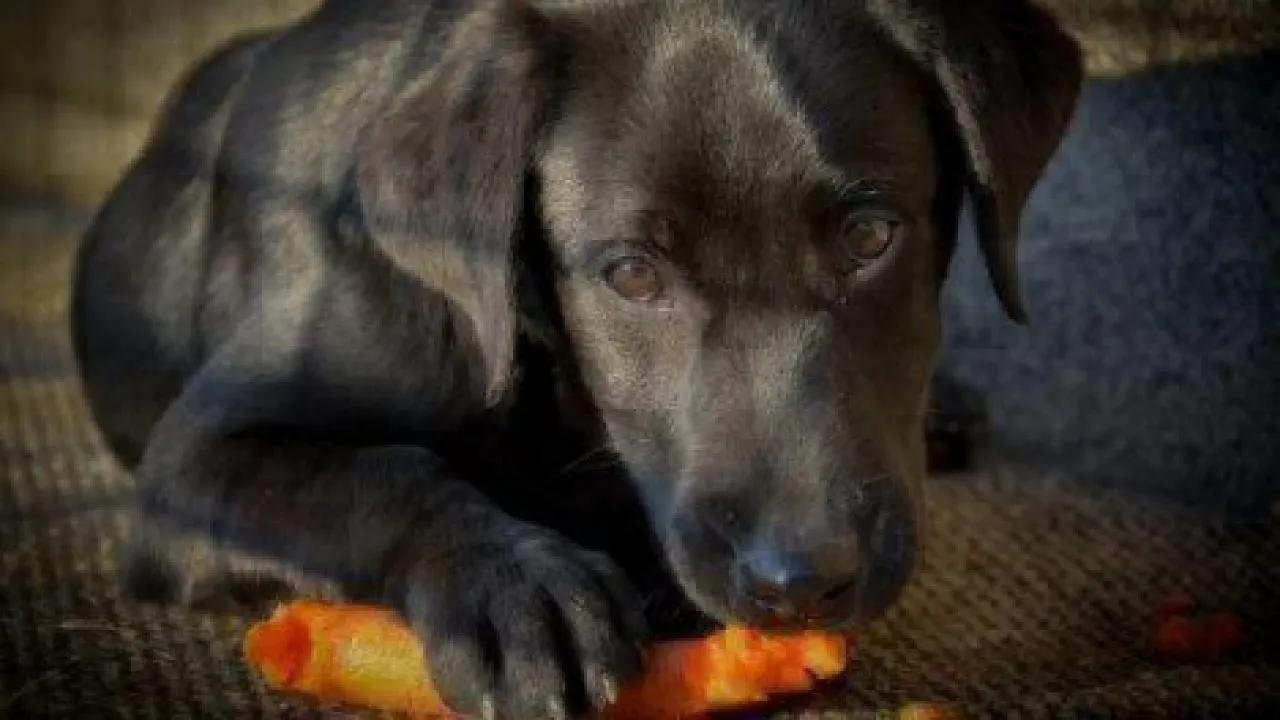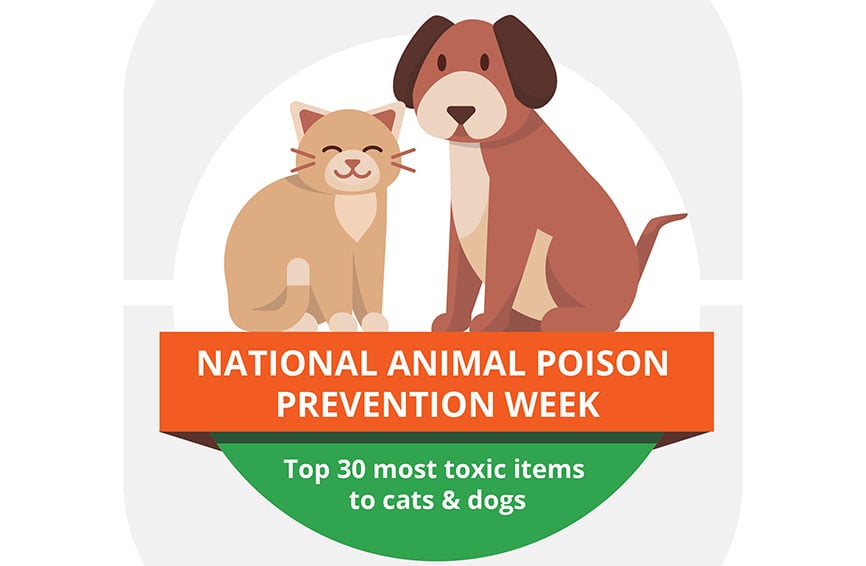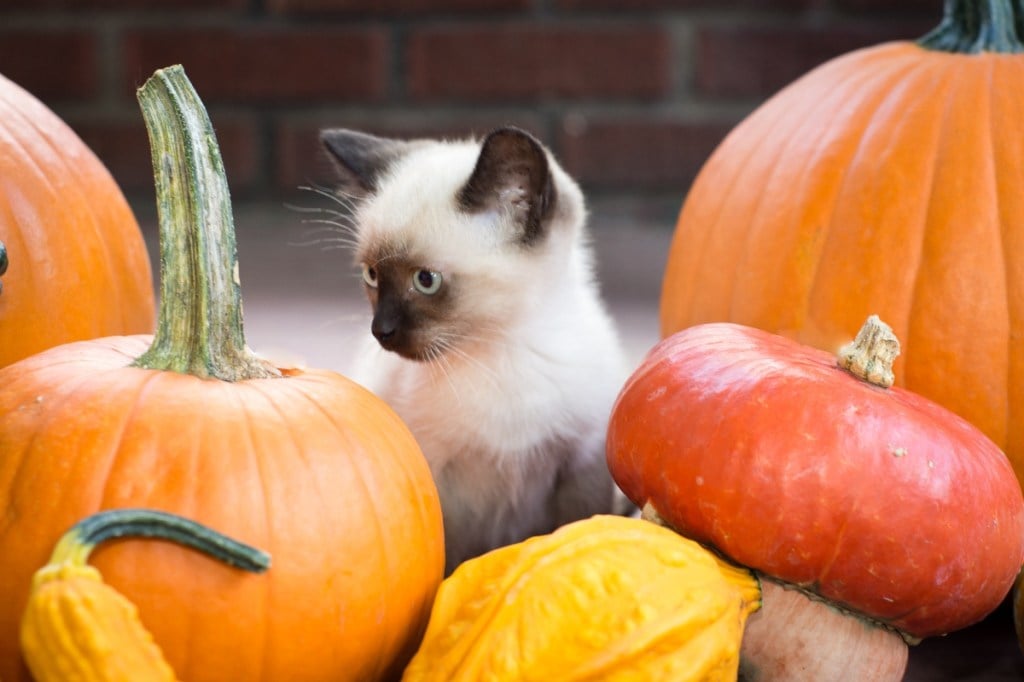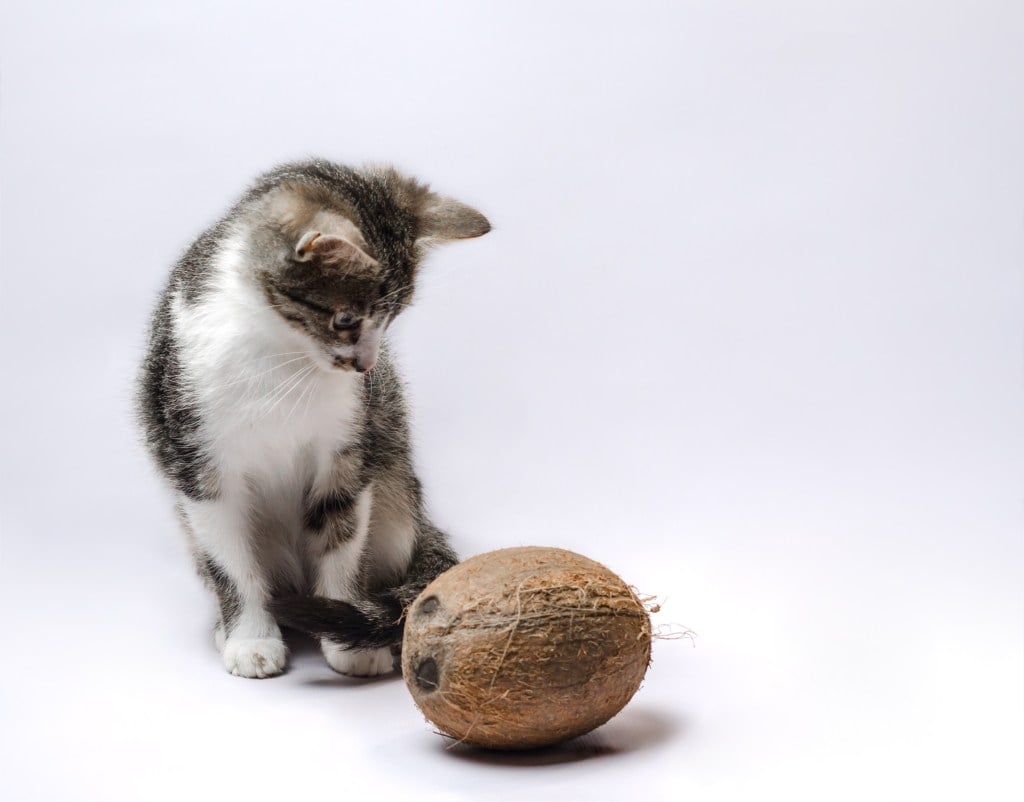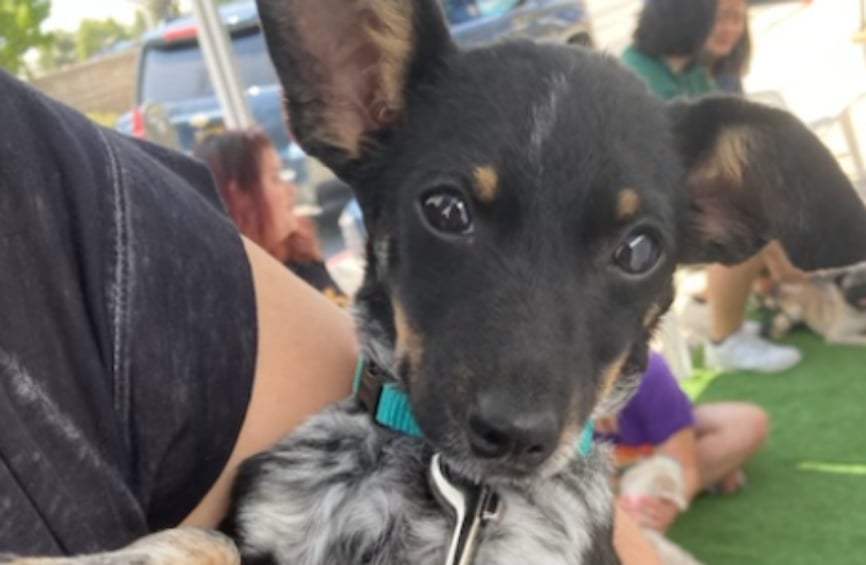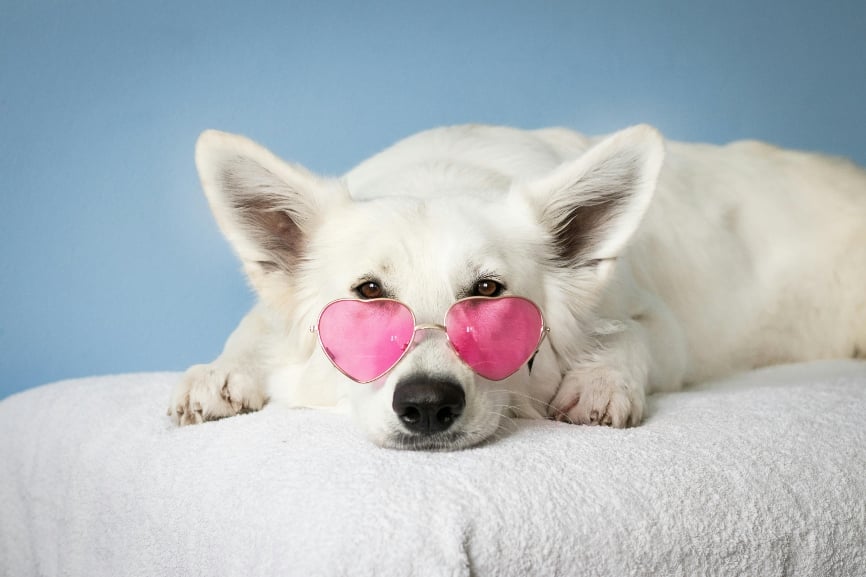Key Takeaways
- Yes, dogs can eat many vegetables, with a few exceptions.
- Garlic, onions, mushrooms, rhubarb, and tomatoes are not safe for dogs.
- Dog-safe vegetables include asparagus, bell peppers, broccoli, and celery.
- Always ask your vet before changing your diet and adding new vegetables.
Table of Contents
Yes, dogs can eat vegetables (for the most part—see the exceptions below). Dogs are omnivores, so they’re fairly open to trying new foods. While veggies can be used as helpful aids in digestion (mainly, fiber), they also have the bonus of being low-calorie, healthy snacks. Reportedly, your dog will benefit from increased health, a stronger immune system, and steady weight.
As always, there are exceptions! Some vegetables are toxic to pets, so you should always double-check before trying a new treat, especially with your veterinarian.
Vegetables that are dangerous for dogs
- Garlic and onions – both have chemical properties that can be toxic, and even life-threatening to dogs (and cats). This extends to the entire Allium family; no garlic, onions, leeks, or chives. Garlic has been known to essentially poison dogs with stealthy symptoms, so effects can turn up a few days later. Call your vet if you suspect your dog has ingested garlic.
- Mushrooms – Technically, mushrooms are a fungus. They are neither fruit nor vegetable, but it’s worth noting that mushrooms can be severely toxic to animals and people alike. Simply avoid giving your dog any mushrooms, and for a list of the extremely poisonous ones, see VetStreet’s list.
- Rhubarb – If you discover your dog has eaten rhubarb leaves, get over to the vet stat. Symptoms include drooling and tremors, and ingestion can lead to kidney failure.
- Tomatoes – Avoid tomatoes simply because while the red part we normally eat should be safe, the green leafy parts contain a toxic substance called solanine.
Vegetables that are safe for dogs
These veggies can be baked, steamed, cut up, mashed, or boiled. Given in small amounts, dogs can enjoy the following.
- Asparagus – Asparagus is perfectly fine to give dogs, and while many tout the vitamins and minerals in the vegetable, you have to cook the stalks down so they are, in fact, edible by your pup.
- Bell peppers (red, green, yellow) – Bell peppers are a good source of vitamin C and beta carotene. The main issue is that most people cook with a variety of seasonings when preparing bell peppers; remember to only feed your dog un-seasoned, plain vegetables.
- Bok Choy – Bok choy contains calcium and is good for the heart. This low-calorie veggie is packed with vitamin A, vitamin C, and vitamin K, and potassium.
- Broccoli – In small quantities, broccoli is high in vitamin C. However, while it isn’t necessarily toxic, some dogs react strongly to the vegetable with gastrointestinal issues like gas or diarrhea. Also, broccoli stalks can cause an obstruction in the esophagus. So broccoli is safe, but keep an eye out for over-indulgence and choking.
- Brussels Sprouts – Absolutely not toxic, and full of vitamins K and G, manganese, folate, fiber, potassium, and vitamins A, B1, and B6. A great idea for a treat!
- Cabbage – Great for dogs, cabbage is antioxidant-rich and aids in digestion with its high fiber, plus it’s even said to be good for the skin and coat. Moderation is key though; too much can lead to thyroid issues and painful gas.
- Carrots – Carrots are an excellent low-calorie, crunchy (read: teeth-cleaning) snack that is high in fiber and beta-carotene. This root vegetable is high in antioxidants too, beneficial for pets with cancer.
- Cauliflower – Completely safe for a dog to consume, cauliflower is another vegetable that runs the risk of making your dog very gassy. Do not give too much!
- Celery – Rich in vitamin A, vitamin B, and vitamin C, as well as calcium, potassium, phosphorous, iron, and sodium, this veggie also helps get a little extra water in your dog’s diet. Plus, it freshens breath.
- Corn – While corn is one of the most common ingredients in dog food, it’s not necessarily the greatest snack for your pet. Corn on the cob can be hard to digest; in fact they can cause intestinal obstruction, a very serious (and potentially fatal) medical condition. Popcorn is safe, as long as it’s plain, unsalted, and unbuttered.
- Cucumber – Great for overweight dogs, cucumbers are full of water and are extremely low calorie, but they also have vitamins K, C, and B1, as well as potassium, copper, magnesium, and biotin.
- Green beans – Almost the perfect vegetable option to give your dog as a snack, the green bean has vitamins A, K, and C, and magnesium and fiber. Plus, dogs love them!
- Lettuce – While safe, it’s not necessary to feed your dog lettuce unless you’re using as a laxative, should your dog be constipated. Otherwise, it’s a little difficult for dogs to digest and can cause digestive problems.
- Peas – Raw or cooked peas help with constipation (however too much can lead to diarrhea).
- Potatoes– Only give cooked potatoes as raw are hard to digest. The good news is that a plain, cooked potato contains loads of iron. Do not give your dog a potato with the works: avoid fats, butters, salts, etc.
- Pumpkin – Pumpkin is safe for dogs whether it is raw or cooked, and is used many times as a fiber supplement to help regulate your pup’s digestive tract. Remember to avoid any sugar or spice when feeding pumpkin to pets, instead use fresh, 100% pure pumpkin – not your leftover Jack-O-Lantern or canned pie filling! Full of fiber, pumpkin flesh and seeds also can add texture to homemade dog treats.
- Spinach – Chock full of antioxidants, spinach is as good for our pups as it is for us. It’s high in iron and can help fill a diet for dogs with cardiovascular issues.
- Sweet Potato – A dog food favorite, sweet potatoes can be served cooked, cubed or mashed (no butter or seasoning, of course) and are chock full of fiber and vitamins A, B-6, and C.
- Squash and zucchini – Zucchini and other squash are healthy treats for your canine.
Before you change anything about your dog’s diet, though, consult with your veterinarian, because some foods may be incompatible with certain medical conditions or prescribed diets.
Curious about what is okay and not okay for your dog to eat? Check out our comprehensive guide on what human foods are safe and not safe for dogs.
